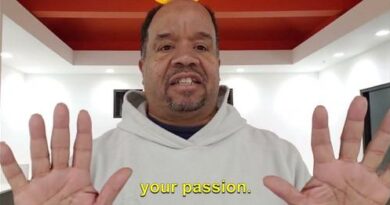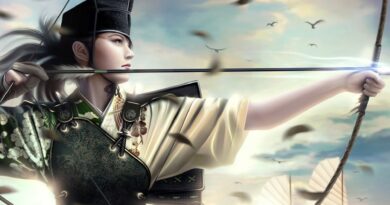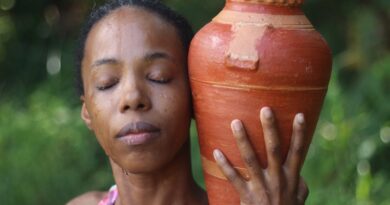Breaking Free: The Meaning and Ideas Behind The Legends of the Dream Warriors Series
It’s really interesting how I got inspired to write The Legend of the Dream Warriors short stories.
One day, my wife and I were discussing the system and how it seems based on the idea that buying things leads to happiness. To buy things, you need money, so logically, more money should mean more happiness, right? But it’s not just about the money—it’s about the fear-based mentality that society convinces us we must adopt to obtain it. For example, after a hard day’s work, you turn on the TV, which constantly tells you that you lack something and are miserable. The solution, according to TV, is to buy more stuff.
In our technological society, there are so many machines and automated processes. Every year, productivity increases, yet we still work just as hard. Where is all this productivity going? If things are so productive, why are we still working so hard? The truth is, we don’t need to work nearly as hard as the system would have us believe. But you wouldn’t know that from watching TV. TV commercials and shows keep you wanting more—the latest this and that. But you can’t have those things until you do what they want you to do. The trick is to detach from all the stuff they keep telling us we need to buy to be happy. It’s an illusion. There is plenty to go around, and you don’t have to do what they want to get it.
Thinking about this, I began to imagine a fictional society with two groups of people: the Powaka and the Aku.
“Powaka” (from the Hopi language, powaq sorcerer)
* n., an entity or a way of life that consumes the life forces of other beings to further its own life.
“Aku” (a derivative of the Kenyan Kikuyu word Akurinu)
* n., dreamers, people of the Holy Spirit, or prophets.
The Aku are actually prophets sent from heaven to bring heaven to earth, but due to their enslavement by the Powaka, they have forgotten their divine origins. Their main driving force is love, representing our true selves.
The Powaka are fearful Aku who have completely embraced a predatory lifestyle of “taking” by preying on the life energy of the remaining Aku. Their driving force is fear, representing our false ego selves.
In this metaphorical society, the Powaka use mind control to convince the Aku that they must work for them. The Powaka have convinced the Aku that this is the will of the Gods and their destiny. In our society, the Powaka would be like the “system” of our Western culture, epitomized by the worst aspects of corporate America and the upper class – The Matrix. The Aku represent the working class. In this fable, the Powaka have convinced the Aku that working for them forever will make them happy. This has gone on for millennia, so much so that the Aku have forgotten what it is like to be truly free. This is a very insidious type of slavery because the Aku don’t even know they are slaves. How can you break free if you don’t know you are a slave? Someone has to challenge the system, and that is what we, like the Aku, must do.
Unfortunately, many of us, like the Aku, feel something is not quite right but don’t know exactly what. If we try to break free, we might face criticism from other Aku, as well as friends and family, telling us that it’s crazy and that there’s no “there” there. They believe that it’s our lot as Aku to work for the Powaka all our lives, and if we’re lucky, we might retire or save and invest enough Powaka money to be financially independent. The Powaka would love for us to believe this delusion forever. The truth is that we are already free. We don’t need the Powaka or their meaningless tasks. But how will we know this unless we break free of the Powaka system and embrace our own power? We must embrace our power and go beyond the mysterious beyond.
Read the first story in the Legends of the Dream Warrior Series here:




